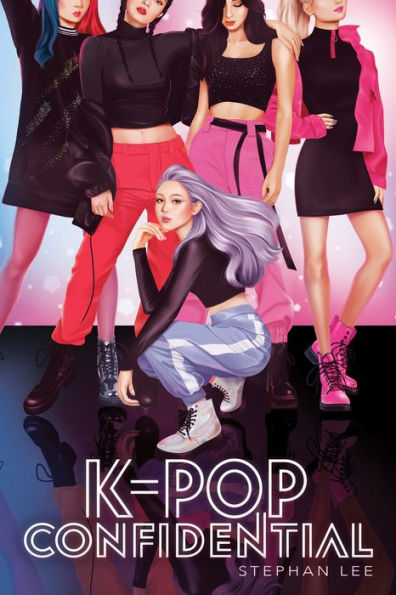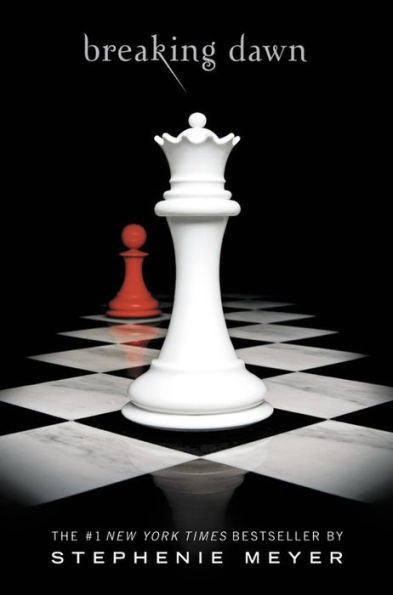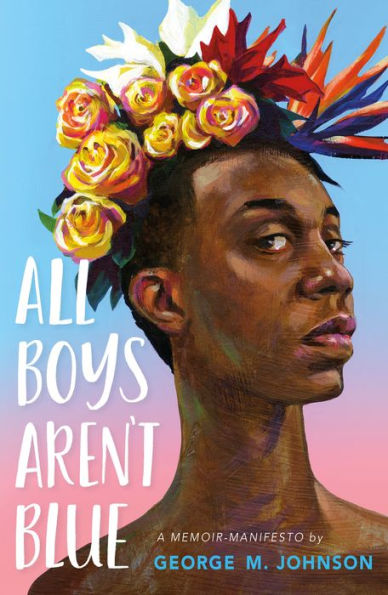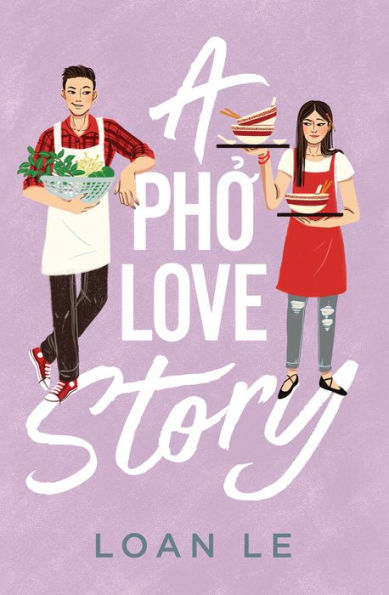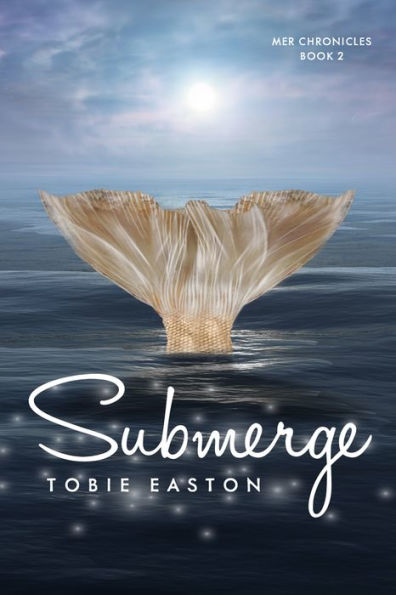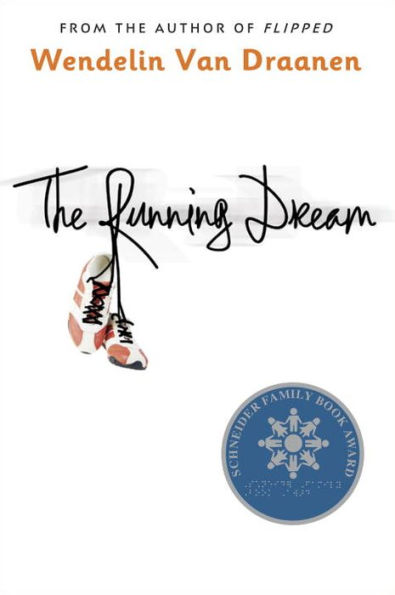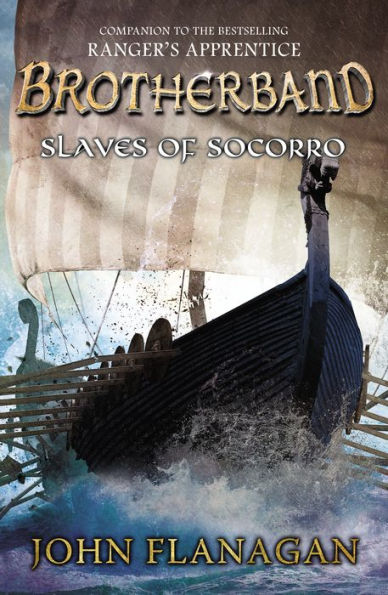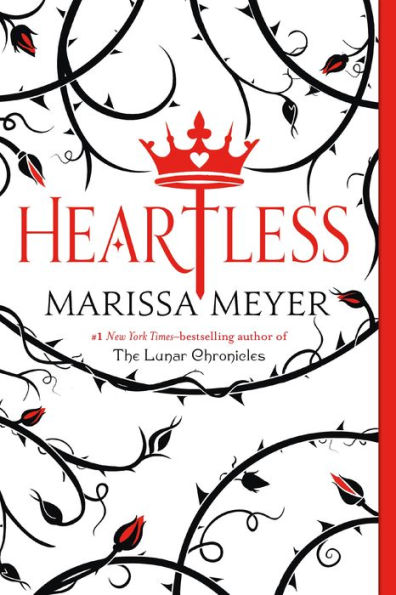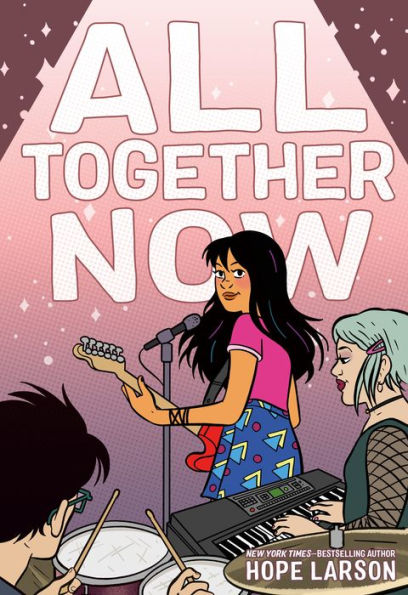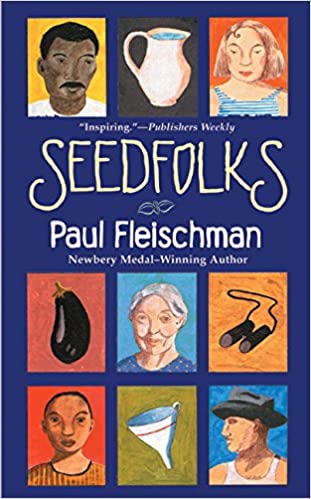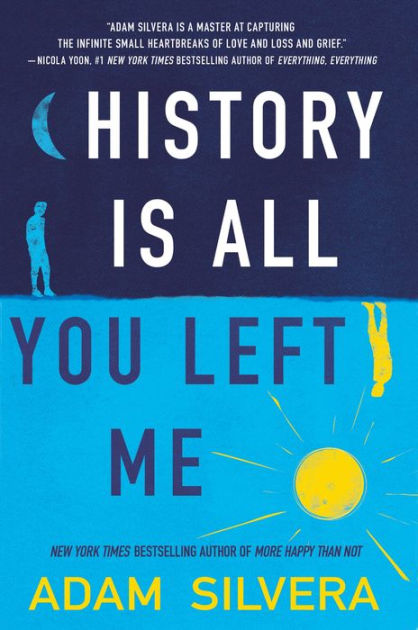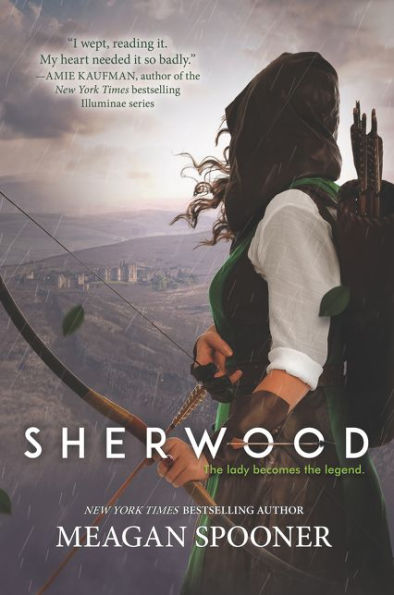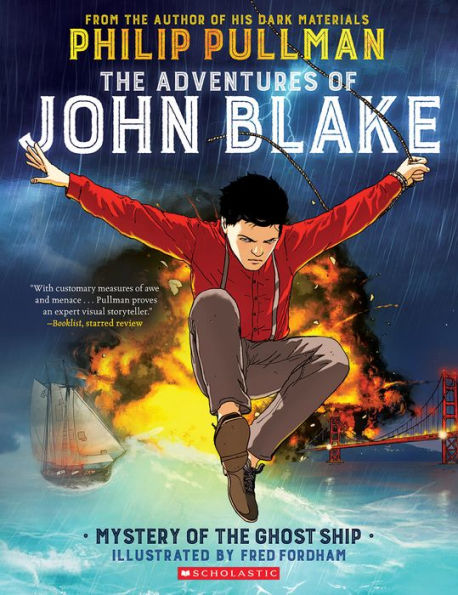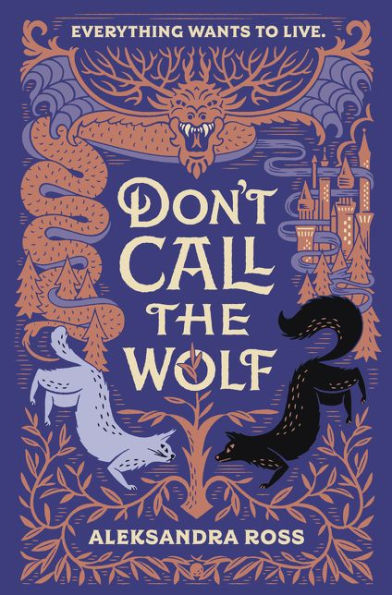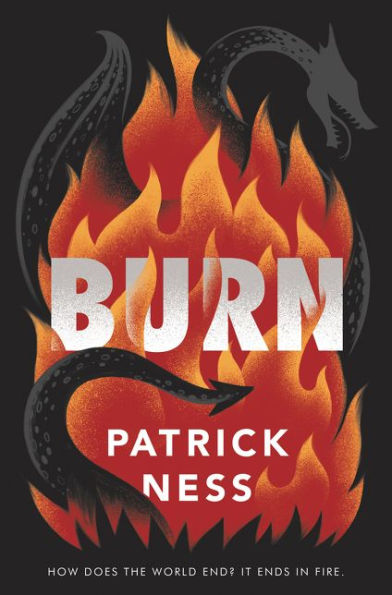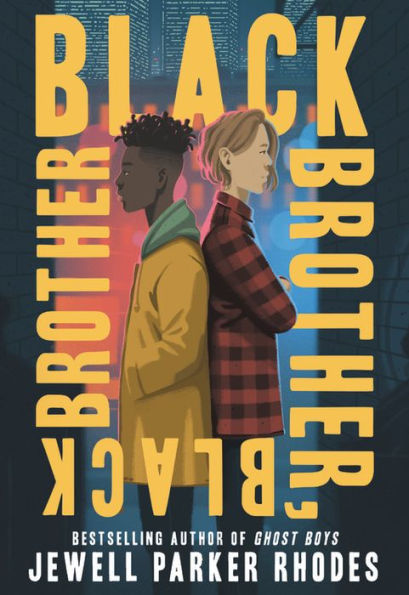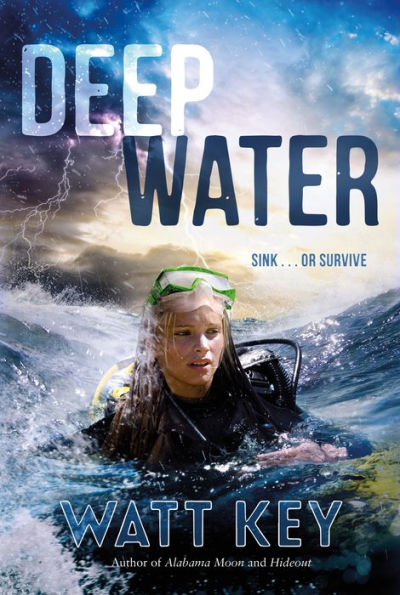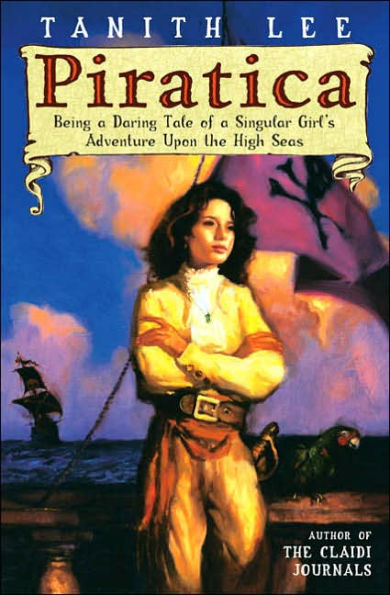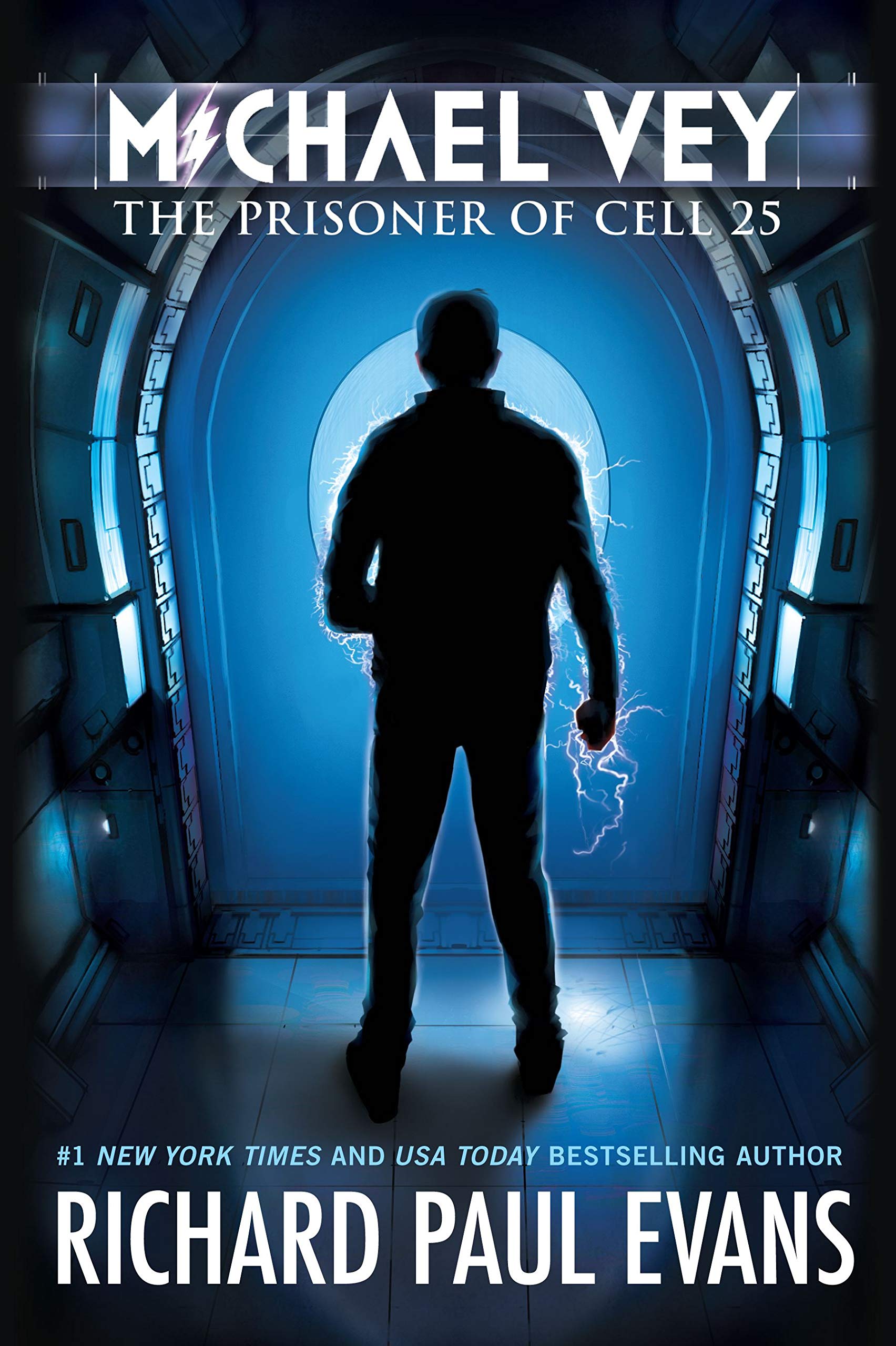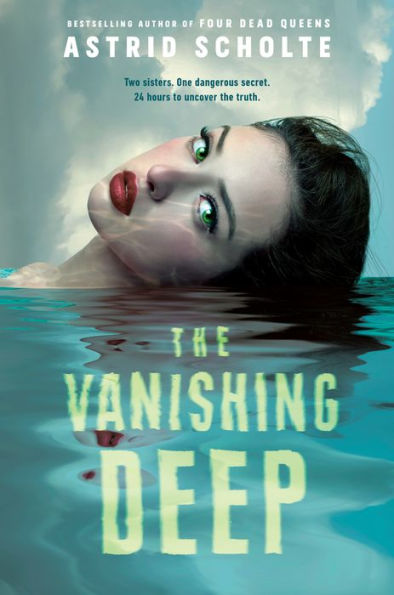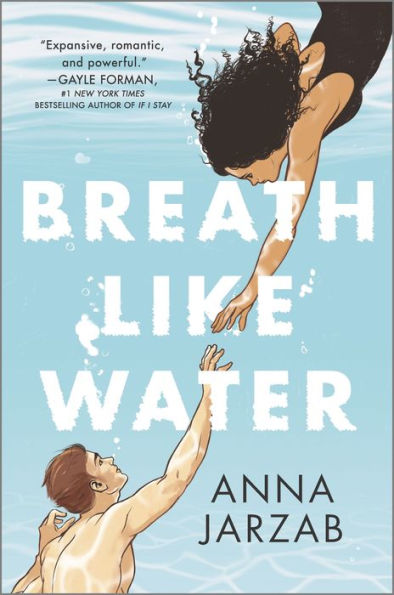Candace Park knows a lot about playing a role. For most of her life, she’s been playing the role of the perfect Korean American daughter. But she has a talent that she’s been keeping from the world: She can sing. Like, really sing. And when she’s chosen from thousands to train for a spot in the biggest K-pop label’s first-ever girl group, she’ll have her chance to show the world.
But plunging into the grueling life of a K-pop trainee will be tougher than she ever imagined. In the label’s headquarters in Seoul, Candace must hone her performance skills to within an inch of her life, all while navigating the complex hierarchies and rules. Rule number one? No dating, which soon becomes impossible to follow. And the closer Candace gets to the limelight, the closer she gets to a scandal lighting up the K-pop fandom around the world. Is a spot in the most hyped girl group of all time really worth risking her friendships, future, and everything she believes in?
Jump into the world of a K-pop trainee as Candace leaves America behind in the hopes of being selected as part of a new girl group. However, don’t be prepared to like Candace; she breaks the rules, acts bratty, and complains a lot. Everything that happens is told through Candace’s filter, however, this does not make her a sympathetic character. Instead, she is full of contradictions. She’s insecure and wonders if her mother really loves her, yet Candace is somehow able to stand up for herself. She has never sung in public or had training, yet Candace is more talented than the other trainees. She hears about the downfall of a K-pop idol caused by dating, yet Candace believes she can date and never get caught. The inconsistencies in Candace’s character make her situation and talent unbelievable.
Even though Candace is surrounded by other trainees, the lack of character development doesn’t allow any of them to shine. Instead of having interesting, multifaceted characters, each person’s purpose revolves around Candace, who never feels a real connection with any of them. Much like Candace, these relationships have many conflicting details. For example, Candace’s roommate Helena has been hateful and abusive, and yet, in the end, Candace gives up any hopes of being a K-pop star to protect Helena. Plus, when Candace finally stands up for Helena and the other trainees, she doesn’t consider that she is responsible for ruining her parent’s financial future and her roommate’s dreams, which causes the big moment to fall flat.
While K-Pop Confidential sheds some light on the harsh reality of a K-pop trainee, the story’s many flaws will frustrate readers. Readers who are fascinated by the K-pop world should avoid K-Pop Confidential and read Shine by Jessica Jung. Not only is Jessica a Korean-American singer, she is also a former member of the South Korean girl group Girls’ Generation, which allows her to paint a more vivid picture than K-Pop Confidential. Another excellent book that revolves around K-pop is Somewhere Only We Know by Maurene Goo.
Sexual Content
- Candace’s friend has a crush on Candace’s brother, Tommy. The friend, “always said my brother is her ‘primary thirst object.’”
- Candace dated a boy for a week “before he came out.”
- In the middle of the night, Candace goes into a practice room and sees “the back of a big dude in an orange T-shirt. There are two female hands with elaborate nail art running up and down the dude’s back.” When the boy sees Candace, he runs out of the room.
- Candace likes YoungBea and often sneaks out to meet him. She thinks, “I’m falling in love. But we still haven’t kissed. . . Instead, we’re touching a lot. Like, a lot a lot. . . I burrow my face in his chest, or let him wrap his arms around my waist. . .”
- When OneJ asks if he can kiss Candace, “electricity shoots through” her. “The moment before OneJ’s lips touch mine, YoungBea’s face flashes in my mind, but the next moment all I can do is close my eyes. OneJ’s lips touch mine. The kiss feels sweet, tastes like chimaek, and for some reason, it feels . . . room temperature.”
Violence
- An adult tells Candace about a trainee who freaked out. The girl “was pounding against this door, screaming to get out . . . but then she rammed her head against the metal door. She knocked herself out, and there was blood everywhere.”
- After a shouting match, Candace’s roommate Helena attacks her. “Suddenly, I’m looking at the ceiling. My scalp feels like it’s about to be torn off my head. Helena has my ponytail in her fist. . . I finally get my ponytail free, I windmill my arms wildly, making contact with nothing. I feel Helena’s nails rake across my cheek before she’s pulled away. . .”
Drugs and Alcohol
- None
Language
- Oh my God, God and OMG are used as exclamations eight times collectively.
- Crap and crappy are both used twice. Candace thinks “everyone’s going to laugh at my crappy Korean.”
- Pissed is used five times to describe a girl’s emotions.
Supernatural
- None
Spiritual Content
- During an audition, a contestant said “a silent little prayer.”
- Candace makes a PowerPoint presentation and includes a photo of herself singing “Away in a Manger” at church.
- While in training, Candace meets a boy who “got discovered when a S.A.Y. recruiter found a YouTube video of him rapping about Jesus in his church’s praise band.”
- Umma tells Candace, “use those voices God blessed you with to speak for others.”
- After performing for the company’s CEO, several of the trainees “are in a corner holding hands and praying.”
